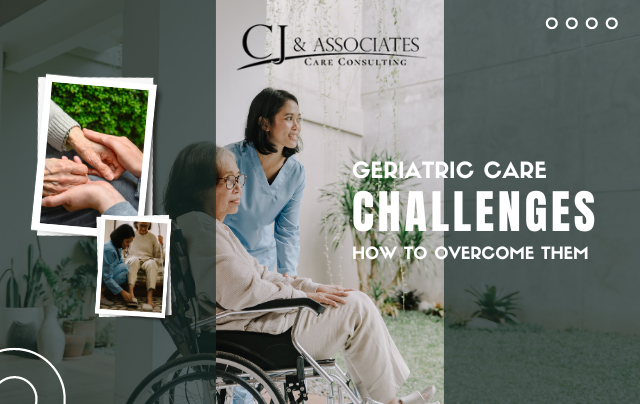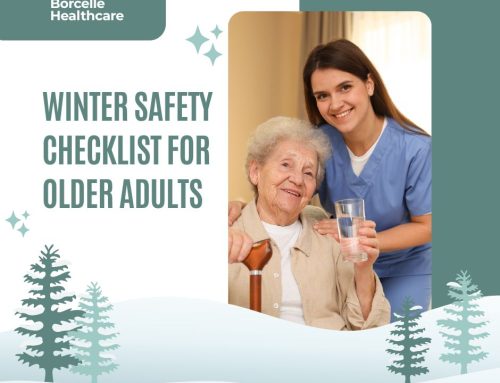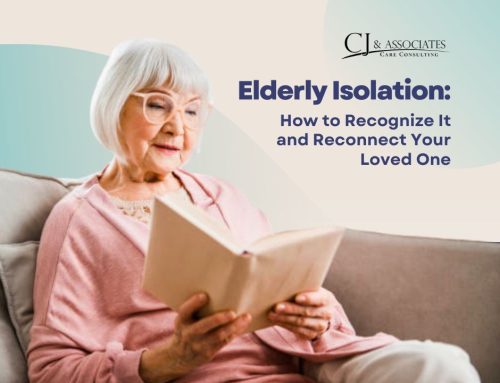Geriatric care is a specialized field that deals with the unique healthcare needs of aging population increasing worldwide, geriatric care has become an essential part of healthcare. However, providing geriatric care comes with its own set of challenges. In this blog post, we will discuss the top 10 challenges of providing geriatric care and how to overcome them.
Multimorbidity
Elderly patients often have multiple chronic conditions, which can make diagnosis and treatment complex. One way to overcome this challenge is to adopt a team-based approach where healthcare professionals from different specialties work together to manage the patient’s health.
Cognitive impairment
Many elderly patients suffer from cognitive impairment, such as dementia or Alzheimer’s disease. This can make communication and decision-making difficult. To overcome this challenge, it is essential to involve family members and caregivers in the care plan and use visual aids or simple language to communicate with the patient.
Polypharmacy
Elderly patients often take multiple medications, which can increase the risk of adverse drug reactions and interactions. To overcome this challenge, healthcare professionals should regularly review the patient’s medication list and simplify the regimen whenever possible.
Social isolation
Elderly patients may be socially isolated, which can have a negative impact on their mental and physical health. To overcome this challenge, healthcare professionals can connect the patient with community resources, such as senior centers or support groups.
Financial constraints
Many elderly patients have limited financial resources, which can impact their access to healthcare. To overcome this challenge, healthcare professionals can help the patient access government-funded programs, such as Medicare or Medicaid.
Functional decline
Elderly patients may experience a decline in physical function, which can impact their ability to perform activities of daily living. To overcome this challenge, healthcare professionals can develop individualized exercise programs or refer the patient to physical therapy.
Caregiver burden
Family members or caregivers of elderly patients may experience stress and burnout from providing care. To overcome this challenge, healthcare professionals can provide education and support to caregivers and involve them in the care plan.
Palliative care
Elderly patients with advanced illnesses may require palliative care to manage their symptoms and improve their quality of life. To overcome this challenge, healthcare professionals should have conversations with the patient and their family about end-of-life care options.
Limited mobility
Elderly patients may have limited mobility, which can impact their ability to access healthcare services. To overcome this challenge, healthcare professionals can provide home-based care or arrange transportation services.
Ageism
Elderly patients may experience ageism, which can lead to discrimination and inadequate care. To overcome this challenge, healthcare professionals should be aware of their biases and provide patient-centered care that respects the patient’s autonomy and dignity.
In conclusion, providing geriatric care comes with its own set of challenges, but with a patient-centered approach and a team-based approach, these challenges can be overcome. By addressing the unique healthcare needs of elderly patients, healthcare professionals can improve their quality of life and promote healthy aging.






